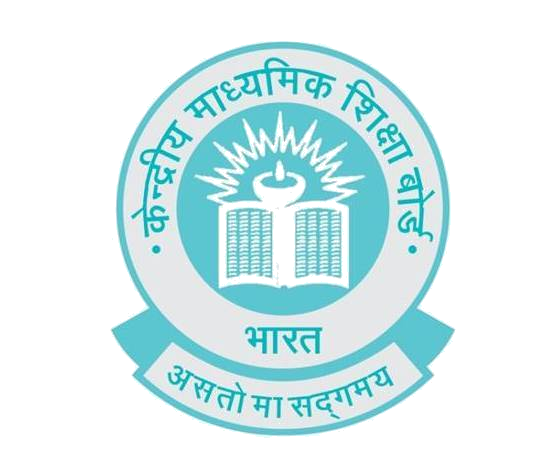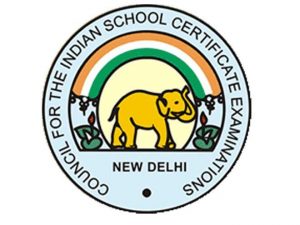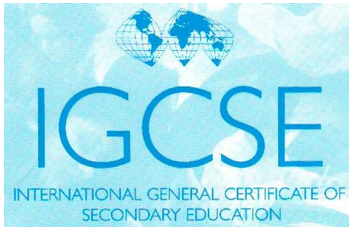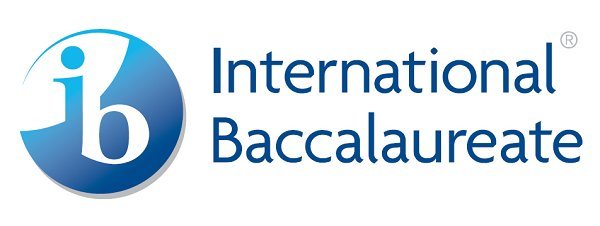For the longest time, education in India was restricted to just two boards: the CBSE and ICSE. While CBSE is recognised by the government, ICSE is not and both boards like proper international representation. That changed in the 2000s when two new international programmes were launched: IGCSE and the International Baccalaureate, or IB. Nowadays, many schools offer some or all of these curriculums but what are the major differences between them?
CBSE

The Central Board of Senior Education (CBSE) follows the nationally assigned curriculum with a little more subject matter. The board conducts two types of examinations for Class 10th and Class 12th. The syllabus itself is properly structured and is monitored closely by the education ministry. It is recognised by the government and also allows students studying non-CBSE affiliated schools to appear for its exams. Its syllabus is created by the National Council of Educational Research and Training.
ICSE

The ICSE programme is conducted by a different Indian board called the Council for the Indian School Certificate Examination. Interestingly, the course is based off a part of the curriculum that went on to become Cambridge’s IGCSE programme. The syllabus is in stark contrast to that of CBSE’s, as it is more detailed and much tougher than its counterpart. The ISC examination for Class 12th is deemed one of the toughest examinations for that class in the country. The board focuses more on languages, arts and science as compared CBSE’s focus on science and mathematics.
IGCSE

The International General Certificate of Secondary Education (IGCSE) is the most recognized and popular international curriculum for classes 9th and 10th. It acts as a precursor for the International Baccalaureate programme but a student is eligible to choose any board he or she wants. The board got recognition in metropolitan cities, with IGCSE schools in Delhi/NCR leading the way. The students are evaluated in an all-round basis and not just written examinations. Students can choose a minimum of five papers to qualify for the programme, but if he or she attempts seven or more papers, they are awarded the International Certificate of Education (ICE).
IB

The International Baccalaureate Programme (IB) was started by the eponymous organisation based out of Geneva, Switzerland in 1968. Many international schools in Gurgaon, Delhi and Mumbai have adopted this board. The curriculum is divided into three administeral parts, ie, the written curriculum which outlines what the students will learn, the taught curriculum which sets the basis for teachers and educators and the assessed curriculum which details the principles and practices for the evaluation and assessment of the students.

